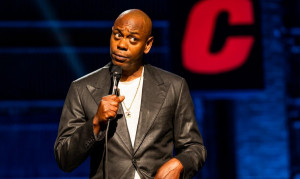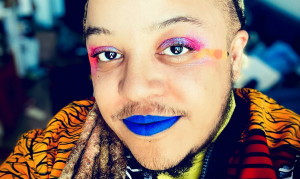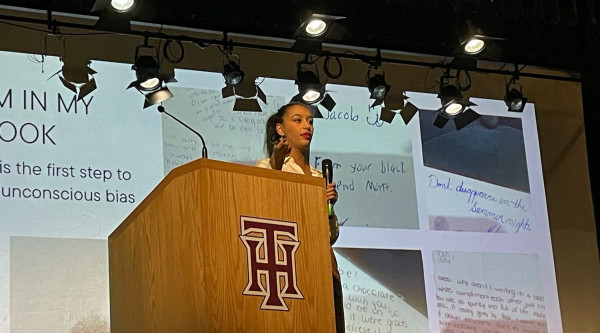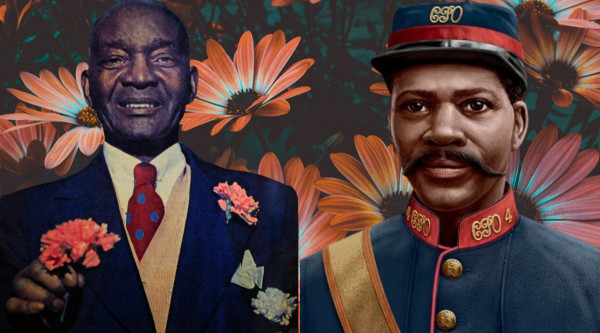The survey also points out, unsurprisingly, that “the COVID-19 pandemic has led to increasing anti-Asian sentiment, with many who are Chinese, South Asian, or with other Asian backgrounds reporting racially-motivated harassment.” This takes the form of people acting uncomfortable around them, being subjected to slurs and jokes, and fearing someone might threaten or physically attack them.
Researchers also note a growing shift in our allies stating that “Canadians tend to see racism as a function of the prejudiced attitudes and actions of individuals rather than systemic inequities in the country’s laws and institutions, but this perspective has shifted a bit toward the latter perspective since 2019.”
As a Black woman, the first statistic that stuck out to me was the percent of people who believe that everyone is born with the same chance at life, something I believed most Black people felt was false because of how hard we must struggle for our opportunities. In both 2019 and 2021, white people had the highest statistic in believing that statement to be true, while Black and Indigenous people had the lowest percentile in believing that statement. With that being said, every race polled had a lower percentile that believed that statement in comparison to 2019, before COVID and the murder of George Floyd. 40% of Black people agreed with that statement, compared to 55% two years ago. For me, it has become increasingly obvious we do not have a fair chance. As a Black person raised by a white mom, I may in the past have answered Yes to that question and would now be one of the 15% that changed their mind.
Again, in being asked if different races in their communities get along, both Indigenous and Black people lowered the percent of people saying Generally Good. 24% of Black people now say that people of different races do not get along in comparison to 9% two years ago, which is the biggest increase within those two years for any race, proving how Black people are either willing to be more honest about how dire these situations are, or are experiencing still bigger rifts in their communities.
Keeping with this trend, the Black community also gave the lowest answer for feeling people that their community could succeed, saying 60%, down from 67% two years ago and lower than every other race’s response.
Despite those negative responses, every race group gave a bigger percentile response saying they felt somewhat optimistic that all racialized people will be treated with respect in their lifetime, in comparison to all other options, though that feeling has lowered for each race since two years ago. I find that statistic to be so telling of Canada because we are aware of how dire this situation is more so than ever. We have allies now critically aware of systemic racism, but every race was still more optimistic than pessimistic overall, and that gives me hope.
When asked if they felt discrimination against Indigenous, Black, Southeast Asian or Chinese people was no longer a problem in Canada, the majority of respondents said they somewhat disagreed for all race groups, and this number had risen since the survey two years prior. Most Canadians polled also somewhat agreed that the race of Indigenous and Black people contributed to why they could not get ahead which had also risen over the last two years. It was also noted throughout the work how colonialism has stayed ever present “most recently with the discovery of unmarked graves of children at residential school sites” and the country’s jails and prisons continue to have “a significant overrepresentation of Canadians who are Black or Indigenous”. Canadian’s also doubled down on being aware of these facts when stating that racialized groups are treated less fairly in the workplace and in dealing with the police.
As I’ve said before, as a Black woman, none of these findings were shocking. I think most racialized people know how real the daily struggle is, and these findings are in line with my thoughts and feelings as a Canadian citizen. Racism is not only in America, it is systemic, it is here. What is most interesting is the number of white respondents who are finally agreeing and recognizing their white privilege. In several questions, white people acknowledge they have seen less discrimination of their own race, have seen racism impact fewer people that they know and rarely experience racism due to being white. Whereas Black people are the most bothered by the racism they face compared to other races and are tied with First Nations as having seen the most racism against others of their same race. Question after question you see that Black people and Indigenous people have been big targets, while Asians have had a high increase of racism over the last two years due to anti-Asian rhetoric during COVID.
As the researchers pointed out at the beginning of their entire report, “there is the desire or tendency to see the state of race relations in Canada today as either good or bad, but the reality is that there is no single story. Some see a positive story of dramatic improvements from previous generations, the expanding inclusion of Canadians from different races in all walks of life, employment equity policies, and the establishment of anti-racism offices in governments. Others see a negative story of persistent systemic racism that continues to oppress the lives and opportunities of racialized individuals and communities. Both realities exist, and perspectives are based on personal experience, anecdote, media reporting and political agendas.”
None of the findings to me were shocking, but what is telling is the honesty in white allies and how hopeful everyone is that racialized people will be treated with respect in their lifetime. No matter what race of people responded, the majority were hopeful, and that is the hope Canada needs to dismantle its racist systems and move toward truth, reconciliation, growth and prosperity.

 By
By 








